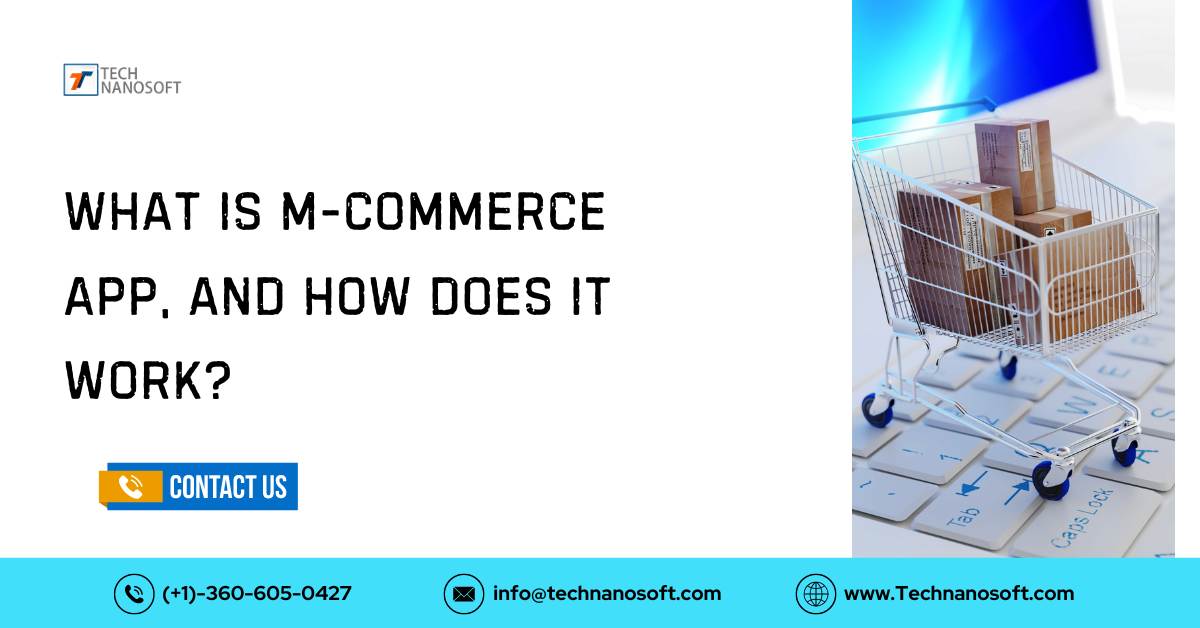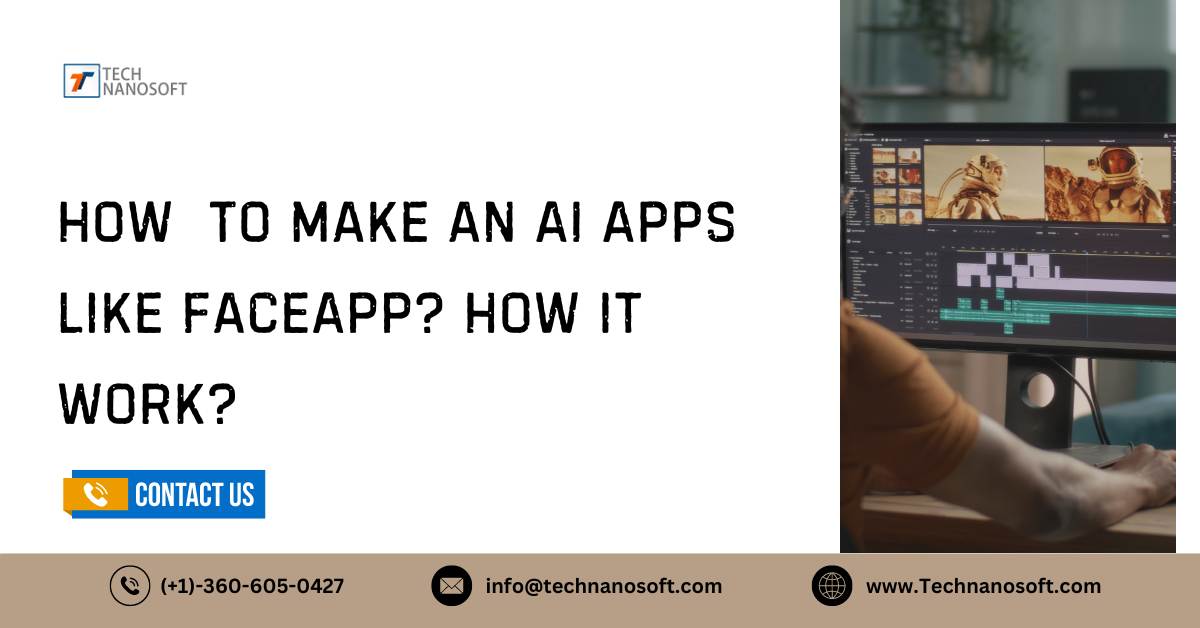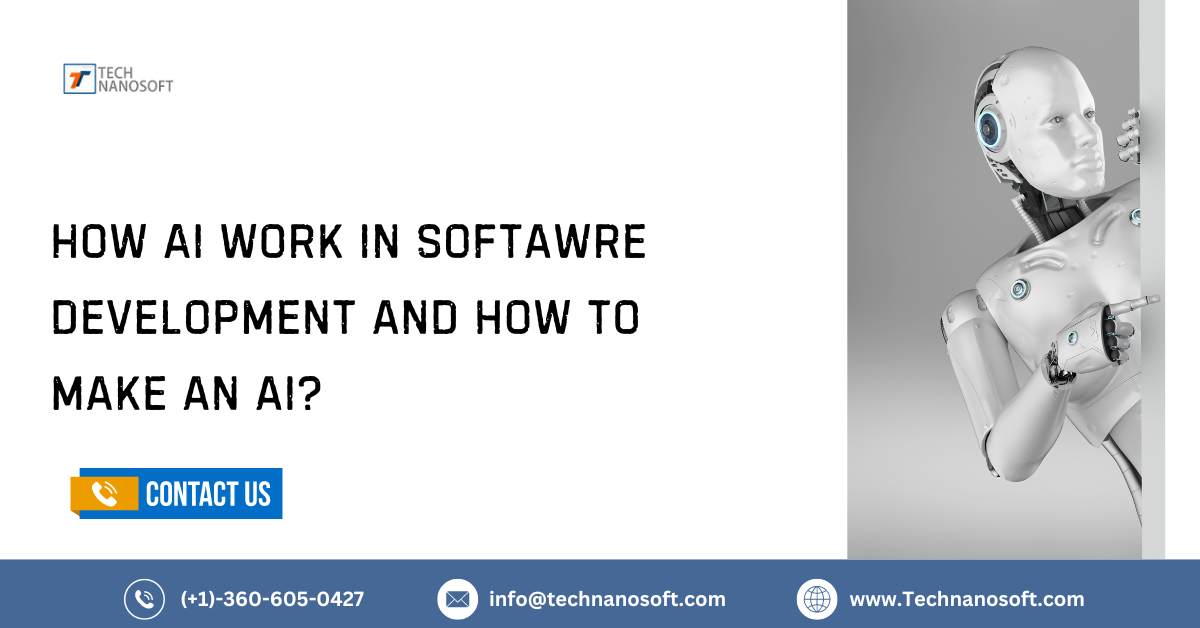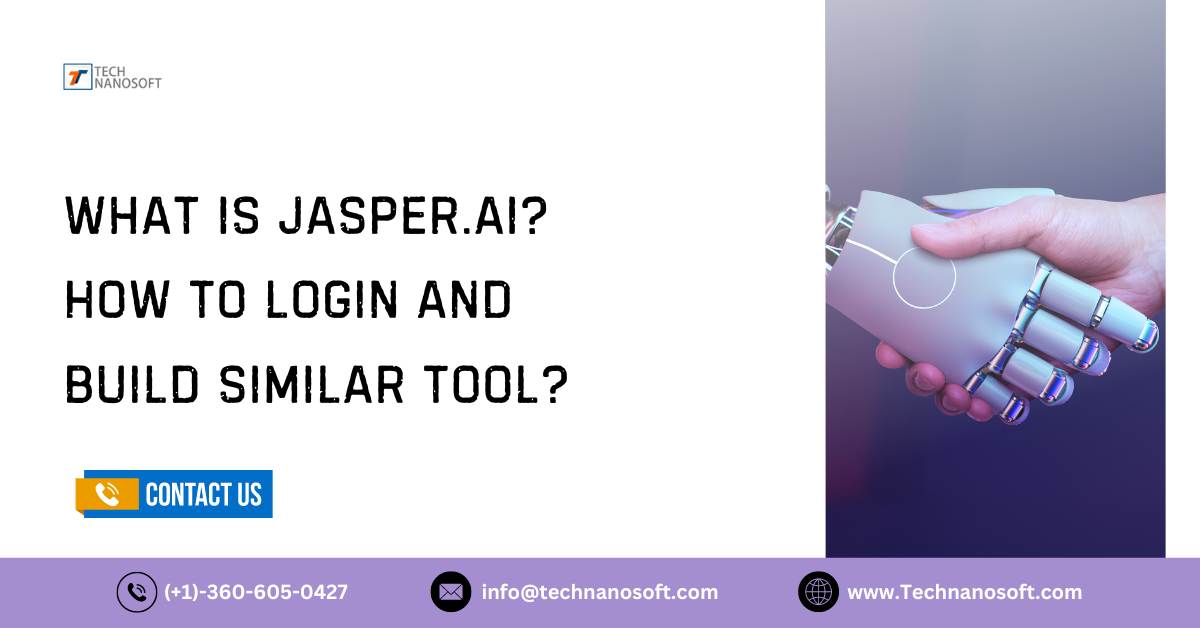What is M-commerce App, and how does it work?
In this modern world, chances are you must have at least heard of Cloud Computing, if not used it unknowingly. Cloud Computing is often referred to as internet-based computing, as the user can access their data anywhere, anytime, with internet access, instead of their computer's hard drive. A few examples of Cloud Computing are Amazon Web Services, Microsoft Azure, Google Cloud, Salesforce, and such applications. But what exactly are cloud computing resources? While the examples gave you some idea of what they do, Do you not wish to understand what else they offer, their characteristics that are considered essential?

Modern m-commerce apps make shopping easier and more available than ever before. This is changing the way people shop. There are a lot of different kinds of developpez votre application m-commerce. This guide will help you understand them all and show you how they work.
We will also look at how mobile commerce examples are different from normal E-commerce and list the pros and cons of each.
Experts explain best practices, and frequently asked questions (FAQs) provide answers to common questions. This gives you the power to use M-commerce to its fullest. Allow us to take you on a journey to discover how M-commerce can change the current market.
M-Commerce App
The term M-commerce which stands for mobile commerce refers to buying and selling goods and services on phones and tablets. Using mobile apps or websites tailored for mobile devices simplifies people's buying process anytime, anywhere. As the number of computers worldwide grows, m-commerce has become an important part of e-commerce.
It includes many things, like mobile shopping, mobile banking, mobile ticketing, and mobile money exchanges. M-commerce enables businesses to reach a wider audience and provides customers with more shopping options and choices.
Type’s of M-commerce
Mobile Shopping
Smartphones and computers allow for mobile shopping, which is the process of choosing, and buying goods and services. Users can easily access a wide range of goods through mobile shopping apps or websites optimized for mobile devices, enabling them to purchase from any location at any time. Mobile shopping has transformed the retail industry by providing customers with more options and making shopping safer. It has also made shopping more personal, resulting in increased sales for businesses.
Mobile Banking
Financial services and transactions take place on mobile devices through mobile banking. This lets users handle their accounts, send money to other accounts, pay bills, and access other banking services. Customers can safely and easily do various financial tasks on their phones without going to a bank branch.
They can do this through specific mobile banking apps or secure mobile websites. Mobile banking has changed the way people manage their money because it gives users more control over their money while they're out and about.
Mobile Payments
You can send money or close a deal using a mobile device as the primary form of payment, such as a smartphone or tablet. This is called mobile payments. Wireless payments, mobile accounts, and peer-to-peer payment apps are some examples of mobile payments that make it easy and safe for people to buy things without cash.
By getting rid of the need for cash or cards, mobile payments make deals easier, boost efficiency, and give more people access to money. Mobile payments are becoming more popular thanks to better technology and stronger security measures. They are helping to shape the global digital payment environment.
Mobile Ticketing
In mobile ticketing, you can use your phone to buy, store, and verify tickets for events, transportation services, and entertainment venues. Using mobile apps or websites optimized for mobile devices, users can easily browse available tickets, purchase them, and present their digital tickets for approval.
Mobile tickets make buying reservations faster, cut down on paper waste, and improve the customer experience by letting them get reservations quickly, anywhere, and at any time. Mobile tickets are a quick and easy way to manage tickets while you're on the go. You can use it for movies, events, flights, and public transportation.
Mobile Coupons and Loyalty Programs
Mobile coupons and loyalty programs use customers' phones to send them deals, discounts, and prizes, which makes them more likely to buy again and build brand loyalty. Businesses reward customers with special deals based on past purchases and tastes through mobile websites, apps, or SMS notifications that send digital coupons.
Mobile coupons make it easy for customers to get savings at the point of sale, which makes shopping more fun and helps stores make more money. Mobile loyalty programs also let companies reward loyal customers with points, perks, and personalized offers. This builds stronger customer relationships and encourages long-term engagement.
M-Commerce's Common Benefits
Convenience and Personalization
It is now easier than ever to buy things from computers or tablets at any time, which changes the way people shop. Businesses also use data analytics to personalize shopping by sending tailored offers and product ideas to each customer. This combination of customization and ease of use improves the user's overall experience, which boosts customer happiness and loyalty, as well as sales and income.
Enhanced Engagement and Integration
Mobile shopping makes it easier for businesses and customers to connect more deeply with each other through real-time chat rooms and engaging features. AR, VR, and AI are some of the new technologies that mobile companies are using to make shopping more immersive and come up with new ways to solve problems. People are more loyal to brands when they can connect with them better. This makes them more likely to buy again and puts companies at the forefront of digital innovation.
Streamlined Payments and Cost Efficiency
Mobile commerce makes it easier to pay by offering a variety of safe and useful choices, such as mobile wallets and contactless payments. This makes the checkout process easier, lowers the number of abandoned carts, and boosts sales for companies. Mobile commerce also saves money because it cuts down on the costs of running actual stores and allows businesses to reach customers worldwide, increasing profits and making them more competitive.
Data-driven Insights and Sustainability
With mobile commerce, businesses can get helpful data about customer behavior, preferences, and trends, which helps them improve their marketing strategies and products. Mobile shopping also supports sustainability by reducing environmental damage through digital goods and electronic receipts. Businesses can show they care about stewarding the environment and being socially responsible by using data analytics to make intelligent decisions that drive growth.
Scalability and Accessibility
Businesses of all kinds can use mobile commerce, which levels the playing field and allows startups and small businesses to compete with bigger ones. This scalability applies worldwide because mobile shopping doesn't care about location and allows companies to reach new groups of people and markets. In addition, mobile shopping makes things easier by offering a smooth and straightforward way to make purchases.
How Mobile Commerce Works
Seamless Transactions
M-commerce, or mobile commerce, lets people use their phones or tablets to look at products, choose what they want, and finish transactions. It operates via dedicated mobile apps or mobile-optimized websites. People can easily buy things on these platforms because they have built-in safe payment systems that accept credit and debit cards, mobile wallets, and digital currencies.
Mobile commerce simplifies the shopping process, from finding products to checking out, by making it easier to navigate and use. This gives customers a smooth and hassle-free experience.
Integration of Technologies
Mobile commerce employs various technologies to make purchases more accessible and the shopping experience more enjoyable. M-commerce platforms have new features that make it easier for businesses and customers to communicate with each other. These features include geolocation services, augmented reality (AR), QR code scanning, and Near Field Communication (NFC) technology.
These technologies make it possible for features like contactless payments, personalized suggestions, and immersive product visualization, which improve the buying experience and get people more involved. Mobile commerce is constantly evolving to meet the wants and needs of current customers by taking advantage of new technologies.
Optimized User Experience
When you buy on your phone, the interface should be simple and quick to use, and the design should be able to fit on any device or screen size. M-commerce platforms make sure that performance and usability are at their best by using good UX (user experience) design ideas and A/B testing. This cuts down on friction spots and raises conversion rates.
Mobile shopping apps also use data analytics and tracking of user behavior to make the buying experience more personalized by giving each person unique suggestions, ads, and content that is relevant to them. Focusing on making the user experience better makes customers happy and loyal, which means that mobile companies will have long-term success and return business.
Secure Transactions and Data Protection
Security and data protection are crucial in mobile shopping to keep private data safe and build trust between businesses and customers. M-commerce platforms employ robust security protocols, SSL (Secure Sockets Layer) certificates, and tokenization techniques to safeguard user data from hackers and unauthorized individuals.
Additionally, adhering to industry standards such as GDPR (General Data Protection Regulation) and PCI DSS (Payment Card Industry Data Security Standard) fosters trust and confidence among customers, ensuring the safe and responsible management of their private and sensitive data.
Continuous Innovation and Adaptation
Mobile commerce relies on the ability to adapt to new ideas. To stay ahead of the curve, businesses are always looking into new technologies, trends, and customer behaviors. Whether adopting new technologies like voice commerce, chatbots, or social commerce, changing consumer tastes like shopping on mobile first, or making decisions based on sustainability, m-commerce platforms change to meet the needs and expectations of their target audience as those needs and expectations change.
Mobile commerce is at the forefront of digital change, driving growth and shaping retail and e-commerce's futures. It does this by encouraging a culture of innovation and flexibility.
M-commerce vs, E-commerce
M-Commerce (Mobile Commerce)
Mobile commerce, or "m-commerce," is when you buy things online using your phone or computer. It focuses on ease of use and accessibility, letting people shop anytime and anywhere. With websites and apps that work well on mobile devices, m-commerce caters to today's busy consumers, making shopping easy and providing safe payment choices that work with phones.
E-Commerce (Electronic Commerce)
E-commerce includes all internet transactions on computers, laptops, and other devices. It covers various platforms, from regular websites to online shops. E-commerce is convenient, but most of the time, users have to use desktop browsers to reach websites. Unlike m-commerce, using a mobile device may not be as flexible or quick.
Difference Between a Mobile App and Mobile Website
Mobile App
Mobile apps have become powerful tools for creating unique experiences as the digital world changes. These apps are very well-tuned to what users want. They offer features like push messages and offline access that make interaction smooth. They offer the best performance and customer engagement because they can use features that are only available on specific devices.
Mobile apps are the best way for businesses to keep customers returning and loyal to their brand, but they need help to keep up to date.
Mobile Website
However, mobile websites offer flexible access to online content across various devices. They have adaptable designs that work well on multiple screen sizes and keep the user experience the same. Unlike apps, mobile websites do not require downloads, allowing users to view them immediately.
They are also easy to build and keep up, making them a good choice for businesses that want to reach many people quickly with information. Mobile websites make it easier for businesses to do business online, meeting the desires of today's fast-paced customers.
Pros of Mobile Commerce
Convenience
People can shop while on the go, unrestricted by time or place, thanks to mobile commerce. This ease of access allows customers to quickly meet their shopping needs, whether flying, commuting, or just relaxing at home. M-commerce makes shopping easier for customers by reducing the steps to a few taps on their phones. This creates a smooth and quick customer experience, making them happy and loyal.
Better Customers Engagement
Mobile shopping is easy to access, which not only makes purchases easier but also helps businesses connect with their customers more deeply. Businesses can connect with their customers usefully by giving them personalized suggestions, targeted ads, and timely alerts.
This builds brand loyalty and encourages customers to buy from them again. M-commerce platforms create personalized experiences that resonate with users, leading to long-term relationships and advocacy. They use data insights to tailor offerings to each person's tastes.
More Audience Reach
People of all ages and backgrounds use mobile gadgets in the digital age. Using mobile commerce, companies can reach many customers, going beyond the reach of traditional stores. M-commerce platforms make it easier for everyone to get goods and services, whether in a rural area, a suburban family, or a city of millennials. This levels the playing field for businesses of all sizes and makes commerce more democratic.
Better Shopping Experience
Mobile commerce systems put the user experience first by providing easy-to-use interfaces, smooth navigation, and transactions that don't cause any problems. Businesses optimize for mobile devices to ensure every contact is smooth, responsive, and visually appealing. This makes customers happier and more likely to stick with the business.
M-commerce platforms aim to satisfy users at every touchpoint, from facilitating product discovery to ensuring the safety of the checkout process. This builds positive associations with the brand and encourages future engagement.
READ ALSO- How Does Gym Sharing App work and App Development Processes?
Cons of Mobile Commerce
Security Concerns
Cryptography and authentication have come a long way, but online threats like identity theft, data breaches, and financial fraud can still make it hard to buy things on your phone. People give private information to m-commerce platforms, so it is important to offer good security to keep their privacy and earn their trust. Companies need to spend money on safe payment gateways, SSL certificates, and strict compliance rules to lower risks and ensure customers that their data will be safe.
Small Screen Size
Mobile devices are very useful, but their small screens make it hard to read difficult content and move around easily. Designers have to be smart about how they make things because screen space is limited. They have to put clarity, simplicity, and functionality first. It is important for businesses to make sure that their mobile commerce interfaces are responsive, easy to read, and user-friendly so that customers can quickly and easily view product catalogs, read detailed descriptions, and complete transactions.
Connectivity Issues
In a world that is becoming more and more connected, having a stable internet connection is important for using mobile commerce apps and making purchases. Users may need help connecting, though, if the network is busy, there is signal confusion, or they are in a place where the service isn't available. Companies should enhance the functionality of their m-commerce platforms to enable users to browse goods, add items to carts, and create wishlists without internet connectivity.
By switching between online and offline means without problems, m-commerce platforms make shopping easier for many users.
Device Compatibility
M-commerce businesses have to work hard to make sure that all of their users can access and use their services. This is because there are so many mobile devices, operating systems, and screen sizes on the market. Businesses need to make sure that their apps work well on all smartphones, tablets, browsers, and screen sizes, such as iOS and Android phones, as well as the tech that you wear.
Businesses can reduce compatibility issues and ensure a seamless user experience on any device, regardless of its configuration, by utilizing cross-platform testing frameworks, scalable architectures, and responsive design principles.
Build a Secure and Scalable M-commerce App with Technanosoft
With Technanosoft's advanced développez votre application m-commerce, shopping is easy and smooth. Our team puts security first and uses strong encryption and authentication to protect your information. Our app's design is scalable so that it can grow with your business. This means that it will work perfectly even during busy times.
Enjoy easy navigation, personalized suggestions, and smooth purchases that improve your shopping experience. Technanosoft makes it easy to go from looking to buying with safe payments and a streamlined checkout process. We will build your M-commerce app with accuracy, dependability, and scalability so your business can succeed digitally.
FAQs about Developpez Votre Application M-commerce
Q.1- What is an M-commerce app?
A- Another name for a développez application m-commerce is a mobile app that lets you buy things using your smartphone or another mobile device. Users can quickly look at goods, make purchases, and keep track of their orders from their phones.
Q.2- How secure are m-commerce apps?
A- M-commerce apps put security first by using strong encryption, safe payment platforms, and multiple authentication methods. They follow industry standards to keep user data and banking information safe, which makes shopping safer.
Q.3- What should I search for in an m-commerce app?
A- Check for easy navigation, quick loading times, personalized suggestions, safe payment choices, order tracking, and checkout processes that work smoothly. These features improve the user experience and make it easier to shop.
Q.4- Can I use M-Commerce apps on a variety of devices?
A- Yes, trustworthy M-commerce apps are made to work with a range of mobile devices and operating systems, such as iOS and Android. They use responsive design concepts to ensure the site works and looks the same across all screen sizes and resolutions.
Q.5- How can I make sure that my personal information is safe?
A- When you use an M-commerce app, make sure you only download apps from reliable places, like official app shops, to keep your personal information safe. Also, keep the app up-to-date with security patches, and never send private data over networks that aren't safe.









